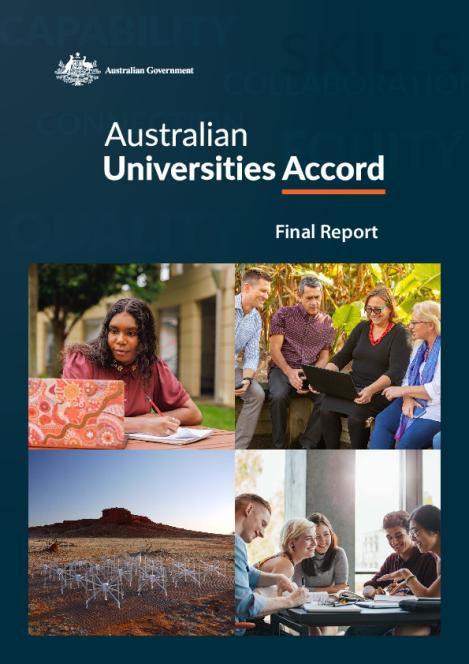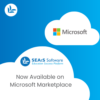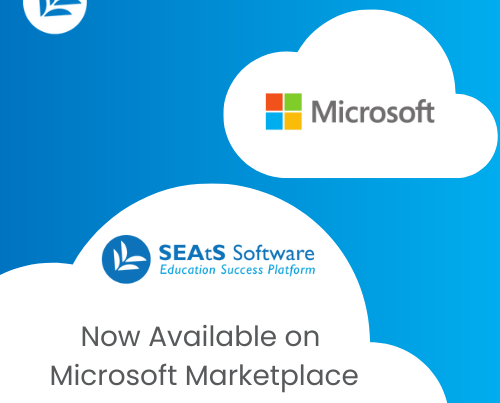In the ever-evolving landscape of higher education, the pursuit of student success stands as a paramount goal for universities worldwide. At the forefront of this mission lies the Australian Universities Accord Final Report, a seminal document that articulates a holistic approach to student support aimed at fostering an environment where every student can thrive and reach their full potential.
In this comprehensive analysis, we delve into the core principles and strategies outlined in the Accord, examining each aspect in detail and exploring how innovative solutions like SEAtS Software are instrumental in advancing these critical initiatives.
A study from the University of South Australia shed light on the critical relationship between student engagement and academic success. Through their research, it becomes evident that the level of involvement and interaction students have with their learning materials significantly impacts their outcomes.
This underscores the importance of a proactive approach to education, where students take initiative in their learning process, seek clarification when needed, and participate actively in both academic and extracurricular activities.
Moreover, the research suggests that universities play a pivotal role in fostering environments that encourage and support high levels of engagement among students. By recognizing the correlation between engagement and success, institutions can implement strategies to cultivate a culture of active learning, ultimately enhancing the overall educational experience and outcomes for students.
In the pursuit of academic excellence, the correlation between student engagement and success stands as a guiding principle. Research published in the Journal of Higher Education Research & Development reinforces this notion, highlighting the profound impact of active participation on educational outcomes.
The study underscores that students who immerse themselves in their learning experience, seek clarification, and embrace extracurricular involvement demonstrate markedly higher levels of achievement. This not only validates the importance of proactive learning but also emphasizes the pivotal role of universities in fostering environments conducive to such engagement.
By embracing these findings, institutions can tailor their educational approaches to encourage students to take ownership of their learning journey, thereby enhancing the quality and depth of their academic pursuits.
Equitable Access: Opening doors To Opportunity
At the heart of the Universities Accord Final Report lies a steadfast commitment to equitable access to education for all students, irrespective of their background or circumstances.
This principle acknowledges the systemic barriers that have historically hindered access to higher education and calls for proactive measures to address disparities and create pathways for underrepresented groups.
From financial aid programs to outreach initiatives targeting marginalized communities, universities are tasked with ensuring that every individual has equal opportunities to pursue higher education and achieve their academic aspirations.
Diverse Support Services: Tailored to Individual Needs
Recognizing the diverse needs and challenges that students face, the Accord emphasizes the importance of providing comprehensive support services that are tailored to address various aspects of student well-being and success.
This encompasses a wide range of resources, including academic tutoring, mental health counseling, financial assistance programs, career guidance services, and cultural support initiatives.
By offering a holistic suite of support services, universities can cater to the diverse needs of their student body and create a supportive ecosystem that nurtures student growth and development.

Early Intervention: Nurturing Potential from the Start
Early intervention is identified as a critical strategy in supporting student success and mitigating potential challenges before they escalate.
The Accord advocates for proactive measures to identify students who may be at risk of disengagement or academic struggles and provides targeted support and assistance to help them stay on track.
This may involve academic monitoring, mentorship programs, peer support networks, or specialized interventions tailored to individual needs.
By intervening early, universities can address issues promptly and empower students to overcome obstacles and reach their full potential.
Collaborative Partnerships: Harnessing Collective Strength
Collaboration is paramount in the effective delivery of student support services, and the Accord emphasizes the importance of forging partnerships between universities, government agencies, community organizations, and industry stakeholders.
As highlighted in OfS report, by leveraging collective resources, expertise, and networks, stakeholders can develop holistic initiatives that address the multifaceted needs of students and create a supportive ecosystem conducive to student success. Whether through joint initiatives, shared resources, or collaborative research projects, universities can maximize their impact by working together with external partners to support student well-being and success.

Continuous Improvement: Learning and Growing Together
Continuous improvement is ingrained in the fabric of effective student support initiatives, and the Accord encourages universities to embrace a culture of ongoing evaluation, feedback collection, and learning analytics.
By systematically assessing the effectiveness of their programs and services, universities can identify areas for improvement, implement evidence-based strategies, and adapt to evolving student needs and preferences.
This iterative process of learning and growth ensures that universities remain responsive, agile, and proactive in their efforts to support student success and well-being.
SEAtS Software: Empowering Student Success
Aligned with the principles outlined in the Universities Accord Final Report, SEAtS Software offers a comprehensive solution designed to enhance student support and success. From its robust analytics and reporting capabilities to its early intervention features, collaborative tools, and continuous improvement mechanisms, SEAtS empowers universities to create an inclusive and supportive learning environment where every student has the opportunity to thrive.
By leveraging innovative technology and data-driven insights, SEAtS enables universities to optimize their student support initiatives, identify at-risk students, deliver targeted interventions, and measure outcomes to ensure continuous improvement and student success.
In conclusion, the Universities Accord Final Report sets a bold vision for student support in Australian higher education, emphasizing the importance of equity and diversity, early intervention, collaboration, and continuous improvement.
By aligning with these principles and leveraging innovative solutions like SEAtS Software, universities can create a nurturing environment where student success is not just a goal but a shared commitment embraced by all stakeholders.
Through collective action, collaboration, and a relentless pursuit of excellence, universities can empower students to thrive academically, socially, and personally, thereby fulfilling the promise of higher education as a transformative force for individual growth and societal advancement.
CONTACT US
Interested in learning more about how SEAtS can help you implement more effective student interventions? Contact Us Today!









